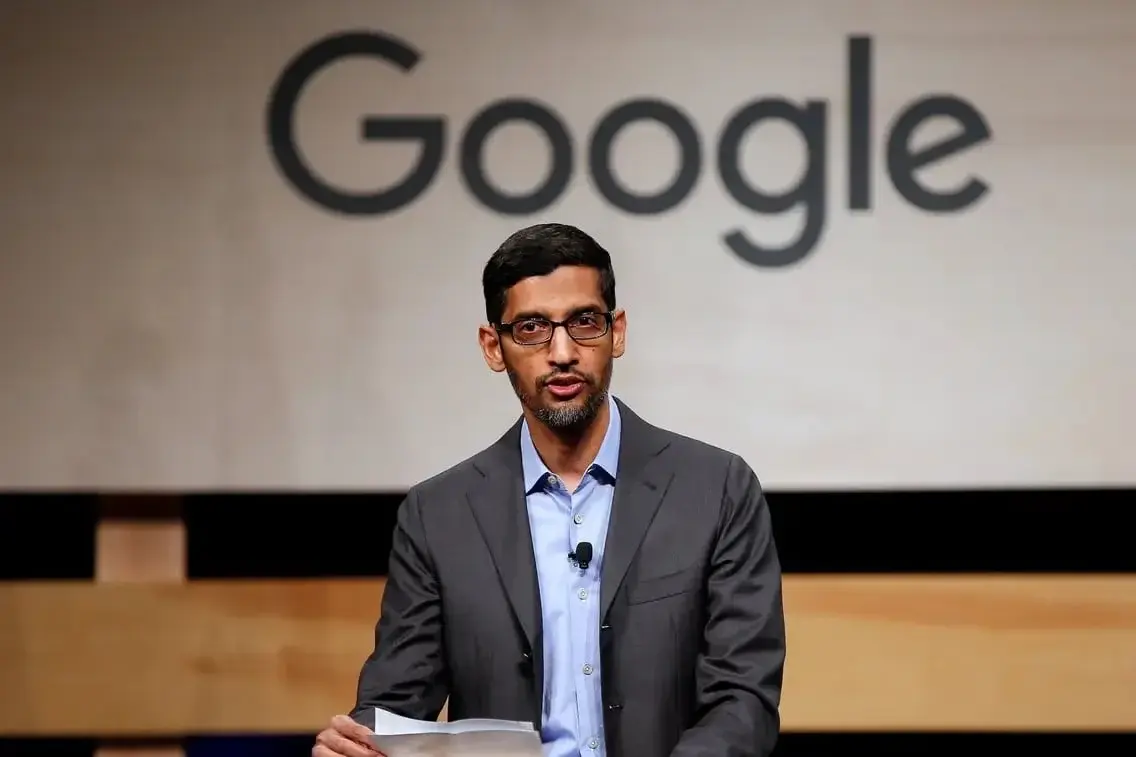iOS 17.4 Beta Brings Sideloading to EU iPhones, Excluding iPads
Apple has rolled out the iOS 17.4 beta, which brings a significant change in compliance with the European Union’s Digital Markets Act (DMA). This update introduces the option of sideloading for EU users, enabling them to download and install applications from sources other than the official App Store. However, it is important to note that this feature is currently limited to iPhones only, and iPad users are excluded from this new flexibility.
Sideloading: Exploring the New Possibilities
Sideloading is a process that allows users to bypass the official App Store and directly download and install applications from alternative sources. With the iOS 17.4 beta, EU iPhone users gain the ability to explore a wider range of apps and discover new possibilities outside the confines of the App Store.
The European Union’s Digital Markets Act (DMA)
The European Union’s Digital Markets Act is legislation aimed at promoting fair competition and consumer choice within the digital market. As part of its compliance with this act, Apple has introduced the option of sideloading in its latest iOS 17.4 beta release. This move is in line with the EU’s objective of fostering a more open and competitive environment for app distribution.
iPad Users Left Out
While EU iPhone users can now enjoy the benefits of sideloading, iPad users are currently excluded from this new feature. Apple has not provided any specific reasons for this limitation. It is unclear whether sideloading will be extended to iPads in future updates or if this exclusion will remain permanent.
Pricing and Specifications
The iOS 17.4 beta update is available for free to all eligible EU iPhone users. The sideloading feature, however, is exclusively accessible to iPhone users and does not extend to iPads.
In conclusion, Apple’s iOS 17.4 beta release brings the option of sideloading to EU iPhone users, aligning with the European Union’s Digital Markets Act. While this introduces new possibilities for iPhone users, iPad users are currently not included in this feature. It remains to be seen whether sideloading will be extended to iPads in future updates.


